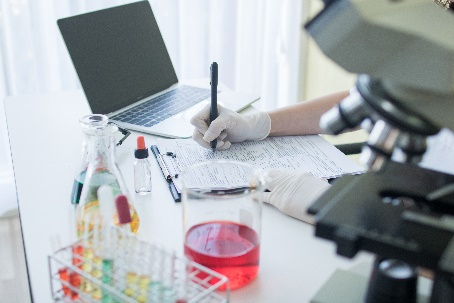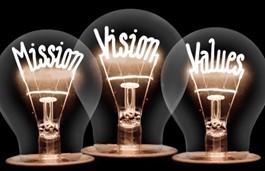
Developing a sense of belonging where graduate students feel accepted, valued, and included is a critical factor supporting their wellbeing and influences retention in academia. The topics and resources in this section cover more common situations and opportunities to promote mentees’ sense of belonging in graduate communities and academia
Addressing Rudeness

Rudeness can boost negative emotions and harm working relationships. Taking steps to avoid being rude and being able to respond to rudeness goes far to create a supportive and productive training environment.
Resources:
- : Guide covering how to respond to rudeness and avoid being rude produced by BCM’s Ombuds
- : Produced from BCM Ombuds’ guide What to Do When Someone Is Rude
Supporting Mentees with Self-Doubt

Graduate school and research frequently creates conditions where students experience self-doubt that can limit productivity and quality. Sharing relatable experiences and affirming students’ strengths may help them find ways of getting through difficult times.
Resources:
- : Harvard Business Review article by W. Brad Johnson and David Smith
- : Blog by Rebecca Grim on Claremont’s Graduate University website covering how students of color may experience situations that may lead to higher rates of imposter syndrome among them
Support Mentee’s Career Aspirations

Engage in discussions around research and career aspirations and work with students and trainees to develop their approach and skills to attain their goals.
Resources:
- : Article in University Affairs listing tips addressing career conversations with graduate students.
- : Article in Molecular Cell discussing how one lab at Harvard Medical School uses the process around an IDP to support trainee development.
Support Development of Scientific Communication

There is a connection between strength in scientific communication and career intention in science. Work with mentees to develop scientific speaking and writing skills of mentees.
Resources:
- : Educational modules produced by Scitable from Nature Education.
- : A workshop covering best practices and strategies for helping trainees develop their scientific speaking and writing skills. Offered once a year at BCM and through SCOARE (Scientific Communication Advances Research Excellence)
Share Insights into Expectations, Values, and Culture

Consider opportunities in one-on-one conversations to have discussions around your lab and research culture. Share knowledge about the campus environment, school and organization structure and operations, and academic expectations.
Resources:
- : Article in PLOS Computational Biology offering 10 practical approaches to support positive personal relationships in research teams.
- : Information and resources from the National Academies; The Science of Effective Mentorship in STEMM on the use of compacts as a mentoring tool to help establish and share information regarding expectations.
- : Video recording of workshop discussing the unwritten and unspoken expectations and the implicit norms, values, and behaviors of graduate students and approaches on how to navigate them.
- . Jessica McCrory Calarco, Princeton University Press, 2020 (Book)
Increase Your Awareness of The Potential Impact of Inequities On Student’s Experience

Consider how racial, gender, or socioeconomic inequities may affect students’ access to learning and training experiences, and intentionally develop approaches to reduce potential inequities.
Resources:
- : Perspectives article in Science addressing recent research into socioeconomic status and effects on graduate students' sense of belonging.
- : Perspectives article in Nature Human Behavior offering suggestions on how the research community can support their black early-career researchers.



